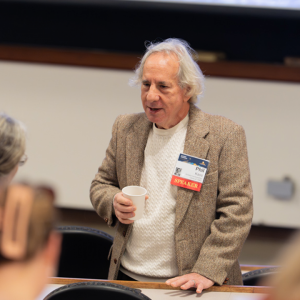The great occasion of the silver economy
Living up to 90 or 100 years is a success for humanity, an achievement that brings with it risks and benefits.
With longevity changes many of us arrive at old age still in good physical shape. We remain socially active and passionate about life. However, the last decades of life also change due to our fragility and the need for daily assistance that is more sporadic today.
For our grandparents, having a basic education was sufficient for life. But today what you learn in school has changed and evolved with the use of technology. In addition to education, you need to stay updated on technologies, develop other curiosities and skills, and maintain flexibility throughout your professional life.
If you have saved over the years while working — to supplement your retirement income and allow the same standard of living for 15 to 20 years from retirement age — you may find that your savings must last longer than expected. Longevity is a gift if you plan for it, to get the best out of it.
Financial advisors transform themselves into longevity navigators, helping their clients visualize life to come, with related risks and opportunities, while leaving the most functional roles to technology.
Planning for longevity means:
- Limiting the financial risk of surviving your savings, bearing in mind an average life expectancy of 76 years in the U.S. Once you pass a certain age, like 80, the chances of reaching the age of 90 increase.
- Your advisor should support you, the client, and discuss the prospects of old age and related needs. This support could include tidying up movable and immovable property, optimizing the possible annuities to cover the residual life expectancy and the inheritance will. Your advisor should help you evaluate real estate and determine whether it will be adequate as you age. Is it worth considering the sale of the house for a more suitable residence for today and for tomorrow?
- Exploring a long-term care insurance policy. You can count on an income supplement that covers the expense of a caregiver or part of the rent in a protected apartment. This is also viewed as asset protection.
CNBC reporter Annie Nova recently spoke with some of the top financial advisors in the U.S. These experts said that inflation is top of mind for clients and that the COVID-19 pandemic changed the concept of longevity for many. Retirees are rethinking their desire to spend and enjoy life, Mark Mirsberger, CEO of Dana Investment Advisors in Wisconsin, told CNBC.



_02.jpg)









List
Add
Please enter a comment